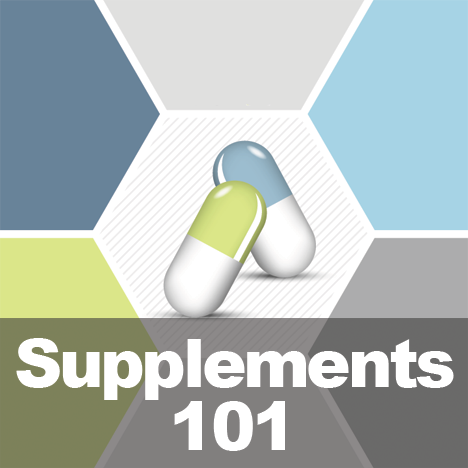 October is National Breast Cancer Awareness Month. While every month should be, we will reflect by reporting on this topic and the use of vitamins this month. Could taking vitamin supplements be not as effective as some say when it comes to breast cancer? In the continuing debate surrounding breast cancer and the consumption of vitamins and minerals, we do wish to point the following out. Is each case different? Most likely a patient’s current overall health prior to discovery of breast cancer is a factor. That being said, some research reports indicate that taking vitamins is not always beneficial for breast cancer as various antioxidants prevent recurrence and death while others do the opposite.
October is National Breast Cancer Awareness Month. While every month should be, we will reflect by reporting on this topic and the use of vitamins this month. Could taking vitamin supplements be not as effective as some say when it comes to breast cancer? In the continuing debate surrounding breast cancer and the consumption of vitamins and minerals, we do wish to point the following out. Is each case different? Most likely a patient’s current overall health prior to discovery of breast cancer is a factor. That being said, some research reports indicate that taking vitamins is not always beneficial for breast cancer as various antioxidants prevent recurrence and death while others do the opposite.
Scientists at Columbia University in New York that studied nearly 2,300 women with early stage breast cancer found that those who often took either vitamins C or E had a lower risk of cancer reappearance (over a five year period) than those who did not consume these vitamins.
On the other hand, women who frequently took a mixture of carotenoids like vitamin A, beta-carotene and lutein were more likely to die from breast cancer than the women who didn’t take them. This report can be found in the medical journal Cancer.
Even though the study could not establish that carotenoids might cause harm to cancer patients, the conclusions have ultimately raised concern about the effects of taking them.
None the less, this study does contribute to the mounting information that suggests that vitamins containing high doses carotenoids may be detrimental. Our advice here at BestMultiVitamins.net is to think twice before taking carotenoids.
When you consider that other studies have shown the same consequences regarding beta-carotene in association with higher risk of lung cancer among smokers who take the supplement, you should remain well informed of all research findings. As with anything in life, education about the specific health concerns you have individually is paramount.
Additionally, it is reported that taking antioxidants throughout chemotherapy or radiation could also hinder these treatments due to the fact that antioxidants defend body cells from purported oxidative damage while chemotherapy drugs and radiation cancer drugs and radiation obliterate cancerous cells through oxidative damage. Good to know.
Understand that most of the benefits that are linked with vitamins C and E could potentially be explained by the fact that women who take vitamins in the first place tend to have a healthier lifestyle.
Again, understanding that antioxidants should not be trusted to all act the same for all women is vital. Many consumers (men and women) think all vitamins affect all people the same (men and women), but the fact that individuals are on different levels of individual health status explains these variances to say the very least.




